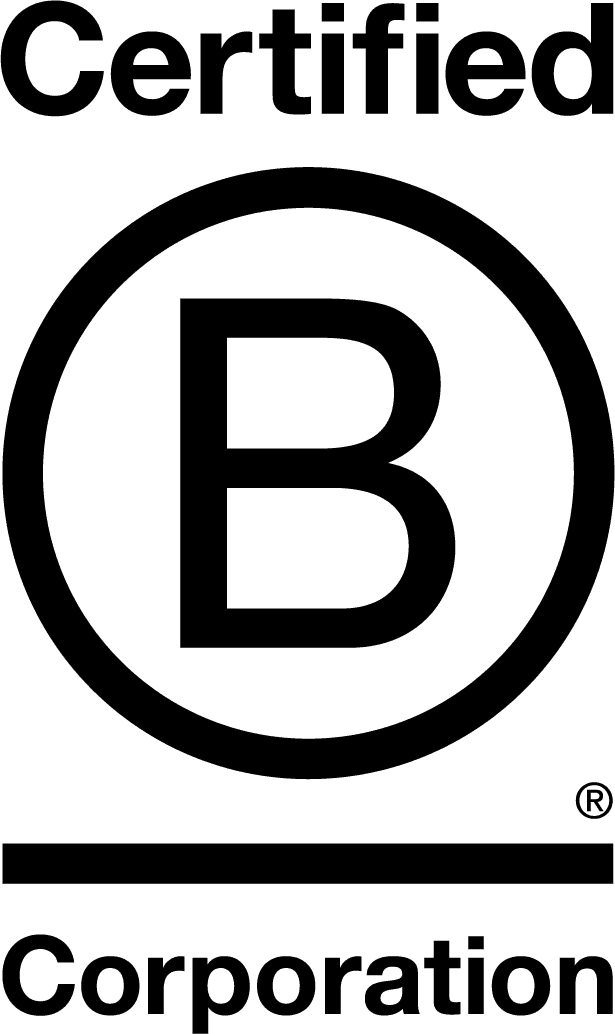

Balance Eco Ltd

1.6
Somerset, United Kingdom
October 2025
Environmental consulting
Service with Minor Environmental Footprint
Honduras,
United Kingdom
Balance is a movement to restore nature, empower communities, and tackle the climate emergency. Offsets became a ‘pay-to-pollute’ scam—Balance is about protecting the future. Through tools like Balance Units, Balance My Life, Balance to Sector, and Balance to Assessment, we provide accessible ways to measure, reduce, and remove emissions. At Balance, we have developed a three-pillar approach, based on peer-reviewed, published science, that combines biodiversity, socioeconomic well-being, and climate action. Addressing these issues in isolation is problematic, but by integrating them, we create an effective and lasting response to environmental and social challenges. Our methodology moves beyond traditional offsetting, shifting the focus to co-benefits, creating an ethical, science-backed alternative that businesses can adopt without the risk of greenwashing. Academic Partnerships: Balance collaborates with leading academic institutions to refine and improve our methodology. Research has been carried out up to PhD level, and our work has been peer-reviewed and published in The International Journal of Sustainable Energy. One by One, Tonne by Tonne – Join the movement.
Overall B Impact Score
Governance 22.3
Governance evaluates a company's overall mission, engagement around its social/environmental impact, ethics, and transparency. This section also evaluates the ability of a company to protect their mission and formally consider stakeholders in decision making through their corporate structure (e.g. benefit corporation) or corporate governing documents.
What is this? A company with an Impact Business Model is intentionally designed to create a specific positive outcome for one of its stakeholders - such as workers, community, environment, or customers.
Community 20.3
Community evaluates a company’s engagement with and impact on the communities in which it operates, hires from, and sources from. Topics include diversity, equity & inclusion, economic impact, civic engagement, charitable giving, and supply chain management. In addition, this section recognizes business models that are designed to address specific community-oriented problems, such as poverty alleviation through fair trade sourcing or distribution via microenterprises, producer cooperative models, locally focused economic development, and formal charitable giving commitments.
Environment 55.0
Environment evaluates a company’s overall environmental management practices as well as its impact on the air, climate, water, land, and biodiversity. This includes the direct impact of a company’s operations and, when applicable its supply chain and distribution channels. This section also recognizes companies with environmentally innovative production processes and those that sell products or services that have a positive environmental impact. Some examples might include products and services that create renewable energy, reduce consumption or waste, conserve land or wildlife, provide less toxic alternatives to the market, or educate people about environmental problems.
What is this? A company with an Impact Business Model is intentionally designed to create a specific positive outcome for one of its stakeholders - such as workers, community, environment, or customers.
Customers 26.1
Customers evaluates a company’s stewardship of its customers through the quality of its products and services, ethical marketing, data privacy and security, and feedback channels. In addition, this section recognizes products or services that are designed to address a particular social problem for or through its customers, such as health or educational products, arts & media products, serving underserved customers/clients, and services that improve the social impact of other businesses or organizations.
What is this? A company with an Impact Business Model is intentionally designed to create a specific positive outcome for one of its stakeholders - such as workers, community, environment, or customers.